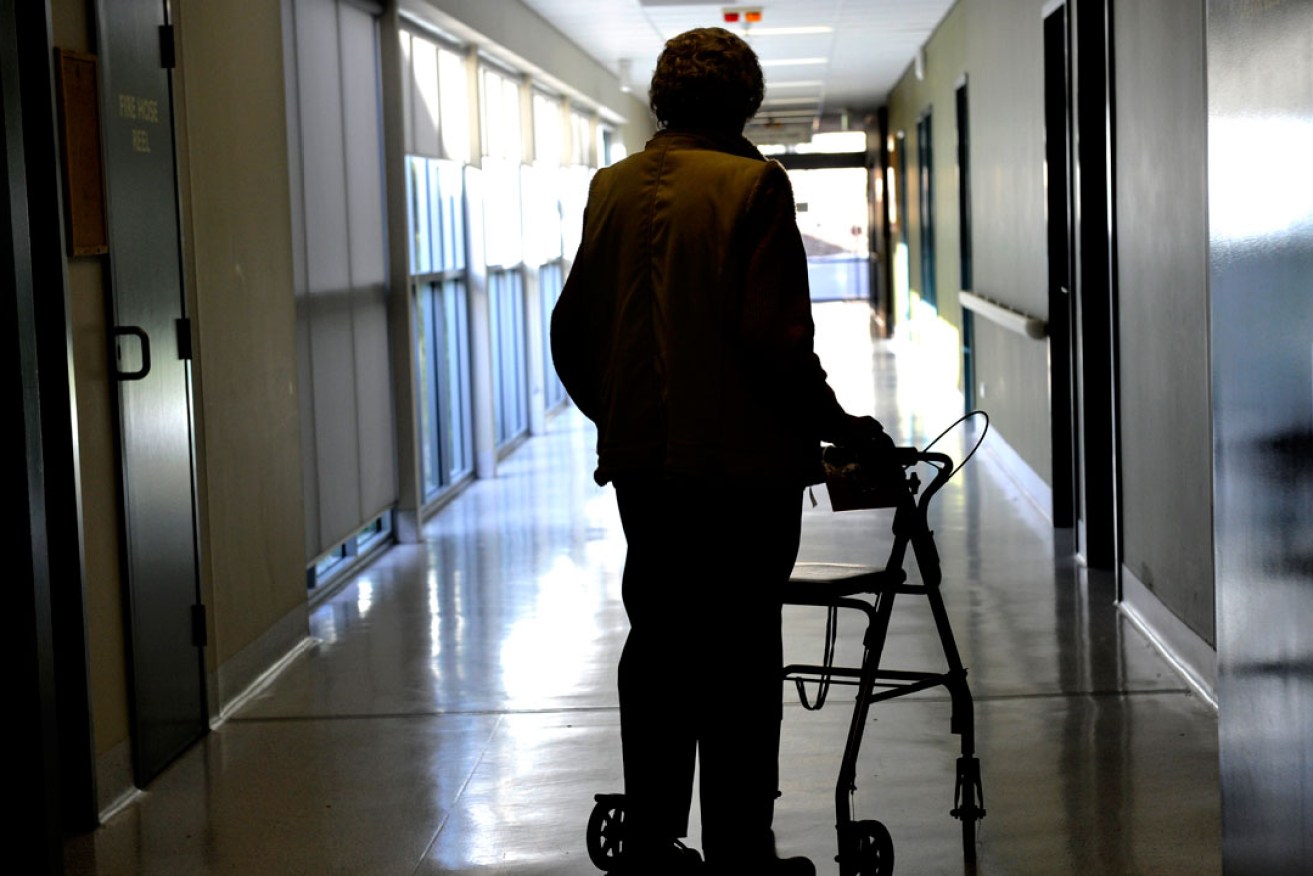Collaboration and innovation the key to reform of aged care
Rather than approaching aged care as a medical problem, Reuben Jacob argues that solutions should be looked at from a technological and societal standpoint.

Photo: AAP
With more than one in six Australians now aged over 65 years and an ever-growing percentage living well into their 80s, how we deliver services that nurture the health and wellbeing of individuals as they age is an issue of the utmost importance.
Since the damning findings of the 2021 Royal Commission into Aged Care and Safety, Australians are now uncertain how adequate care can be provided in their old age. Winning back trust could be one of the biggest hurdles we face.
The big question is not just how the government will fund the urgent reform and restructuring of the system, it is also about how the sector itself can innovate to deliver the kind of care people now expect.
We need a more collaborative approach with closer discussion between the aged care industry, community and home care services, public health agencies, the workforce – and elders themselves.
What do elders want from their aged care?
While in the past aged care was delivered as a “one size fits all” approach, this can no longer continue.
We know from findings laid out in the Aged Care Taskforce Report released in December 2023 that older people want more agency and to play a bigger role in the design of their own aged care services. Around 80 per cent are now indicating they wish to age in place supported by well-trained aged care workers. This will create new pressures on the system.
Success in part will be determined by how fast the industry can transform from the model of “institutionalised care” to one that takes a more proactive approach to person-centred care.
Investing in a skilled workforce
Learning from best practice examples of aged care innovation will help.
Many have already taken steps to work with researchers to develop high-tech, customised solutions to address critical skill gaps that have been identified in the workforce.
For example, Dementia Australia has launched a series of custom-built, AI driven workforce training programs designed to provide specific training modules for aged care workers. They have the potential to transform how care is delivered for the 421,000 Australians who now live with dementia.
“Talk with Ted” is a unique avatar-based training program that allows a support worker to log on anywhere, anytime to practise respectful communication skills that can rapidly improve their interactions with those they care for.
It’s a glimpse into how we can use emerging technologies to build greater capacity in priority areas.
Need for a broader range of home care services
The landscape for aged care is changing quickly but industry needs to drive a faster turnaround.
Over the next 20 years an annual increase of 44,000 home care participants is forecast, totalling two million older people using home care by 2042. Home care providers must innovate their models to provide a much broader range of services needed for the complex conditions that can emerge as people age.
Rather than working in silos, success will require higher levels of engagement with existing social, health and wellbeing experts and the wider local community.
There is an urgent need to address isolation issues. “I’m well, but I’m not happy” is something researchers often hear.
A recent Cochrane review showed nearly 50 per cent of aged care residents are depressed. This needs to become a priority for all employers and their aged care workforce.
Continuing to upskill home aged care workers who often operate remotely will be a challenge.
However, if done well, it has the potential for additional career paths with new roles emerging that can assist with palliative care, reablement and rehab programs, dementia support and social engagement facilitation.
Co-design and collaboration key to improvements
Having people stay home for longer will not stop the need for residential facilities. Eventually, some will still require higher levels of care – but we expect this could look very different in the future.
Greater collaboration and consultation with older people and their families, the workforce, researchers, and sector experts will be needed to assist in the co-design of a higher-quality aged-care experience.
Aged Care Research & Industry Innovation Australia has already assisted many operators around Australia to trial new pilot programs using evidence-based research. These are turning traditional models on their heads.
New approaches put the older person at the centre and explore concepts like co-housing, facilitated wellness hubs, intergenerational living arrangements, smart home technologies and other ideas.
The new concepts examine what a good life can look like for an individual within a residential facility. Rather than a medicalised model, new approaches take a more holistic, cooperative approach that emphasises wellbeing, reablement, empowerment and choice.
Reform must be the strategy for aged care leaders
Ultimately, much of the work that needs to be done comes down to leaders in the industry who are prepared to take risks to drive change at both the strategic and operational levels.
It’s not always about a major input of extra funds, but rather the will and the courage to embrace innovation and new ideas.
While many are on this journey, stakeholders must be prepared to work together to drive the change process and to learn from each other. This is what will ultimately make a difference to the lives of older Australians now and in the future.
Reuben Jacob is the Chief Executive Officer of Aged Care Research & Industry Innovation Australia (ARIIA), an independent not-for-profit headquartered in Adelaide.
ARIIA’s 2024 Conference, ‘Facing the Future: Living Well. Ageing Well. Dying Well.’ is on in Adelaide on July 4-5, 2024.




